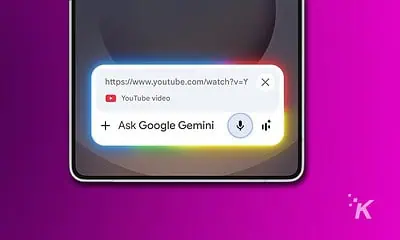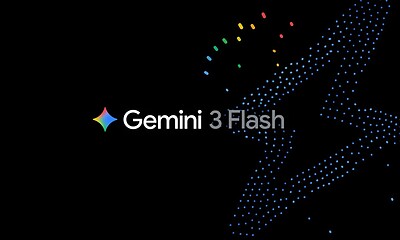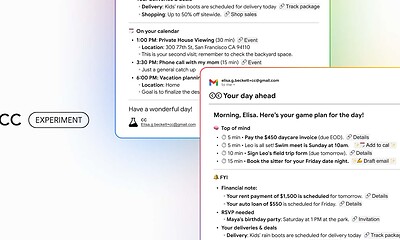Google commits $150M to make AI smart glasses with Warby Parker
Google commits $75 million to help Warby Parker and another $75 million if the company reaches certain progress goals.

Just a heads up, if you buy something through our links, we may get a small share of the sale. It’s one of the ways we keep the lights on here. Click here for more.
Google has announced a major partnership with Warby Parker, a well-known eyewear brand, to create a new line of smart glasses.
The goal is to combine Warby Parker’s stylish designs with Google’s advanced AI and AR technology. Google is investing up to $150 million in the project.
So far, Google has already committed $75 million to help Warby Parker with product development and marketing.
If Warby Parker reaches certain progress goals, Google will invest another $75 million and gain partial ownership in the company.
This move is part of Google’s broader plan to bring AI-powered features to wearable devices, starting with smart glasses that run on the Android XR platform.
At the 2025 Google I/O developer conference, Google also revealed that it’s working with other companies like Samsung and Gentle Monster on similar smart eyewear projects.
These smart glasses will use Google’s Gemini AI to provide users with intelligent features, such as voice assistance, visual information overlays, and possibly real-time translation or object recognition.
Google’s strategy appears to follow in the footsteps of Meta, which partnered with Ray-Ban’s parent company EssilorLuxottica to release smart glasses that look like regular eyewear but offer high-tech functions.
Those Ray-Ban smart glasses have been popular partly because they look good and are sold in familiar stores. Google seems to be aiming for a similar approach by using Warby Parker’s fashionable frames and retail presence to attract everyday users.
Google and Warby Parker plan to release several products over time, not just one. Their first smart glasses are expected to launch sometime after 2025.
These will include both prescription and non-prescription options and will feature “multimodal AI,” which means they can process input from different sources like voice, visuals, and touch to better assist the user.
In simple terms, stylish smart glasses with built-in AI could soon become a normal part of daily life, and Google wants to be a part of that future.
Are you looking forward to smart glasses with Google’s AI features? Would you buy one? Let’s chat below in the comments, or reach us via our Twitter or Facebook.



























